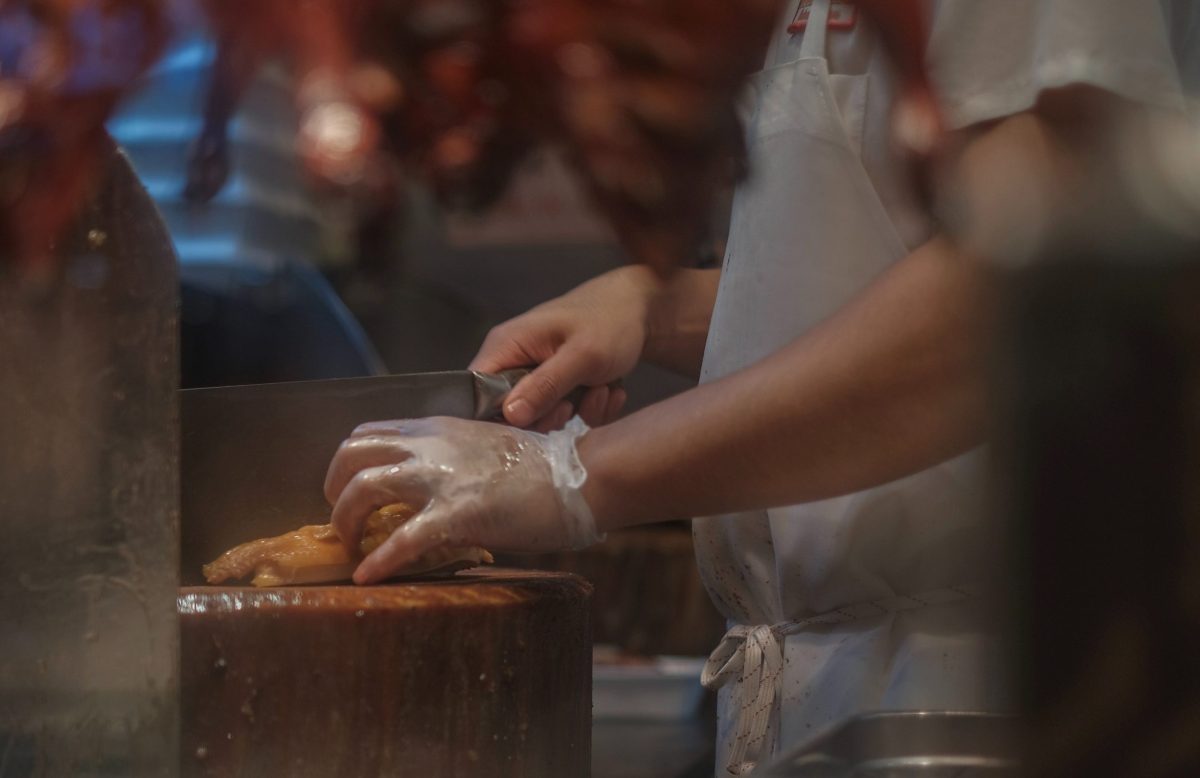By Sharen I. Duke
Gregory Meade takes the subway. It’s not because he’s fearless. It’s because he’s on a mission. He wears a mask and carries several more along with other personal protective equipment. The bags he totes are filled with pantry provisions and food vouchers. His frequent subway rides will include stops in every borough.
Gregory is delivering hope and health to people in need and helping us provide essential services to New York City’s most vulnerable population—folks who are suffering from a range of chronic illnesses, substance use, poverty, and homelessness, who now, under the cloud of COVID-19, are too sick, frightened, isolated, or otherwise unable to reach necessary services.
Now, even as the coronavirus releases its grip on our city, our nonprofit, Alliance for Positive Change and countless others like us are adapting to a new world where we must find ways to pivot from what has essentially been a face-to-face operation to one that goes beyond a face mask. The pandemic has forced us to consider how an agency that’s in the business of social services and public health can provide assistance when all of the rules for helping no longer apply.
Gregory, one of our legion of trained volunteers and peer advocates, is part of the solution. “Some of these people are afraid to go outside,” the 23-year-old says. “But I check on them, and make sure they are okay. It humbles me to help out at a time like this.” It’s not that this Bed-Stuy resident believes he’s invincible; it’s quite the opposite. Six years ago, he arrived on our doorstep, seeking help. Alliance offered him in-person support and a welcoming community.
Gregory and others like him have literally been a lifeline for many of our clients. And while these personalized deliveries are powerful, the model is not a one-size-fits-all solution for us or the community we serve.
For many, simply having a place to go, a professional to speak with, or a peer to offer counsel is critical to their progress. Grabbing a snack or having a meal was an ever-present option for all those who came to our six locations for services, workshops and training, or to get medications from our pharmacy access center.
But with several of our doors still closed or only partially open, we needed a revised strategy for providing sustenance and addressing the increasingly severe issue of food insecurity. We quickly supplemented the delivery service that Gregory was a part of with grab and go meals available at three of our centers. We secured support to distribute hundreds of meals each week. And for those hundreds of people who were homebound or unable to get to us, we began mailing or delivering food gift cards twice a month, along with masks, recipes and resources.
Throughout the pandemic, our goal has been to provide continuity of service, and to do it with the kindness and humanity that is our trademark. Home deliveries certainly checked the boxes, but they were not a solution to reach everyone. We wondered how a food gift card arriving in the mail might be received. We quickly learned that this innovative approach brought with it the dignity of not having to stand in a food line and the freedom to get the food that you not only need but that nourishes you, or is part of your culture.
Denise Rambert, a recipient of the gift cards whose diet recommends certain foods, was overjoyed. “It was the only way I was able to get the veggies that I need to keep healthy,” she says
From the beginning, we thought about the countless interactions between staff, peers and the people we serve and the essentially “social” part of our social services. We could not always rely on Zoom or other technology because they just were not easily or readily available to many clients. But we could connect via telephone. And we are.
Staff and volunteers make thousands of calls each month to provide information and offer support, and we encourage all New Yorkers to support organizations like Alliance that are on the frontlines. Homebound, Denise says these efforts lift her spirits. “It’s the help I needed at the right time.”
Sharen I. Duke is the founding Executive Director and CEO of Alliance for Positive Change (www.alliance.nyc).



































